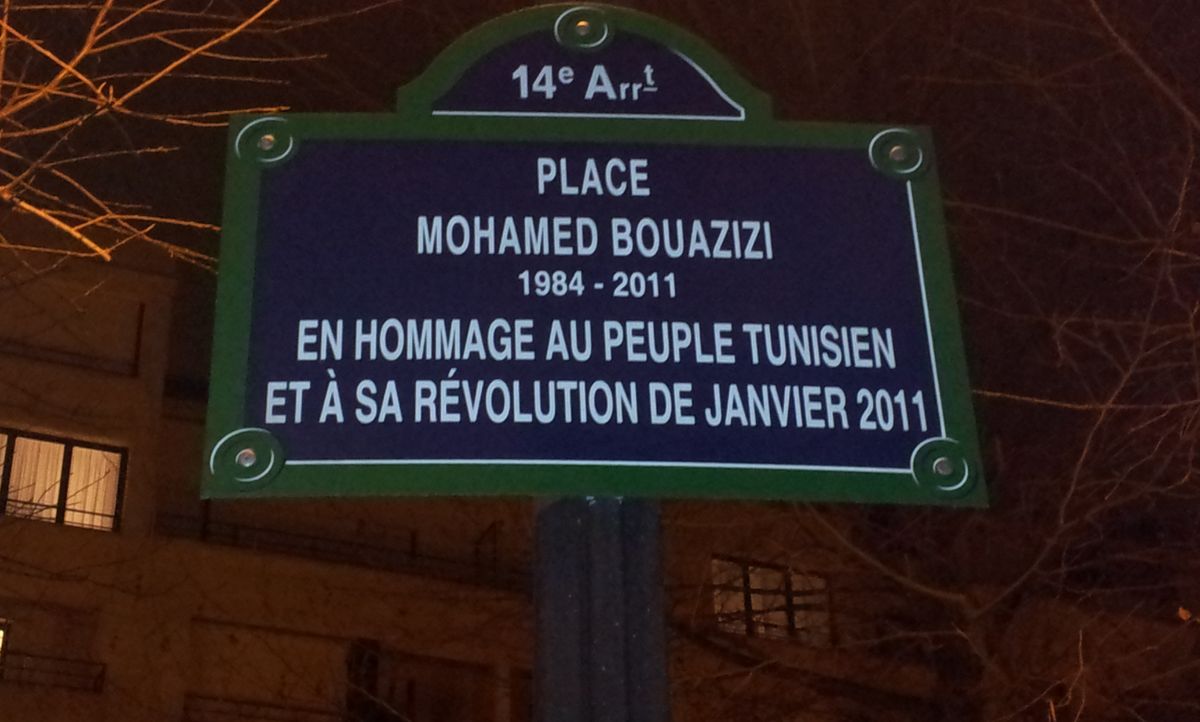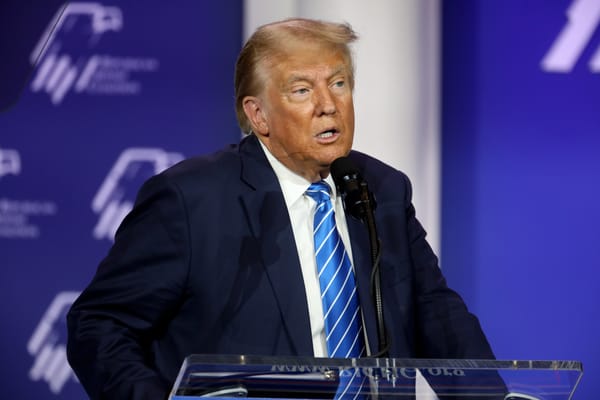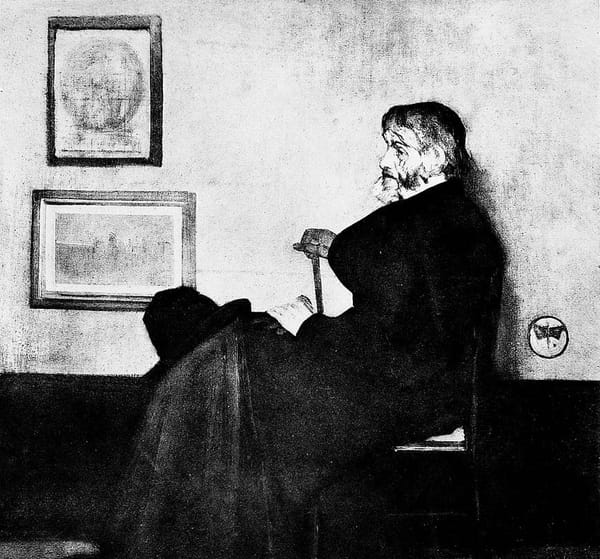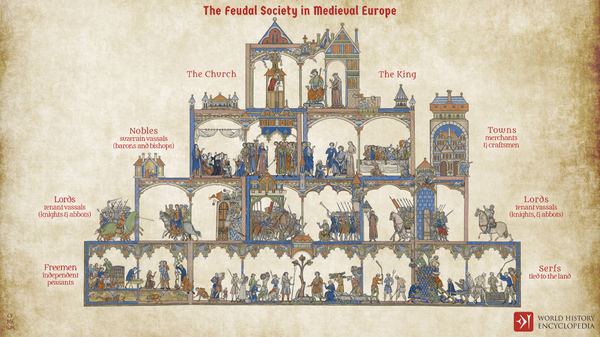The Ordinary Made Revolutionary: The Life and Deaths of Mohamed Bouazizi

Few remember that the Arab Spring began with the public self-immolation of Mohamed Bouazizi, a Tunisian street vendor, in desperate defiance of a government that had ground him under its boot. In his home country, he is remembered fondly as the original spark that led to replacing a tyrant with democracy, or bitterly as one who “achieved nothing” in the end. As Hernando de Soto put it, “To some he’s a generic symbol of the resistance to injustice; to others an archetype of the fight against autocracy.” He added, “It is hard to imagine that the real Mohamed Bouazizi would have recognized himself in any of these incarnations.” On the day that would have been his 36th birthday, we would do well to remember that Mohamed Bouazizi was, above all, an ordinary man. I do not mean to say his life is in some way representative of the life of the average Tunisian. His fruit stand, the main source of income for his entire family, earned him $73 a week, or $292 a month—less than four percent of Tunisian median household income, for a household almost twice as large as the national average. Bouazizi was a poor man, providing for a poor family.
Nor do I mean to suggest, by his ordinariness, that he was entirely pure of or indifferent to politics. In 2010, his cousin Ali Bouazizi was active in the political opposition to the dictator Zine El Abidine Ben Ali, and Mohamed participated in a protest with him six months before his public suicide. Ali, along with another member of Mohamed’s extended family, was quite possibly the determining factor which allowed Mohamed to make history, when he filmed his cousin’s self-immolation and uploaded it to a political Facebook group.
By all accounts, Ali was the political one. While Ali’s influence may make us doubt de Soto’s appraisal that Mohamed was “an apolitical family man,” the statement is at least half right. Mohamed Bouazizi did not wake up each day hoping to end tyranny in Tunisia or usher in a democratic revolution. He was far too busy working tirelessly to provide for his mother and five siblings, something which, at 26, had consumed most of his waking life for at least 14 years. De Soto explains:
Bouazizi’s talent was for buying and selling. Each evening he picked up fruit and vegetables from the wholesale market to sell from his street-side cart at a spot facing the office of the district administration. His dream was to buy an Isuzu pickup truck to get his supplies directly from the farmers. He was known in his neighborhood for his shrewd practicality. He was trusted by his peers: His colleagues in the wholesale fruit market sometimes hired him to do their accounts.
Out of necessity, Bouazizi worked many odd jobs over the years, including as a driver on the set of the 2007 miniseries Pompeii. We may call him scrappy, or an entrepreneur, but it was an entrepreneurship of necessity, the kind that the poor must engage in just to tread water, to keep from sinking deeper into the quicksand. Living “in a society where small-scale business-people were treated with contempt,” he certainly was not doing it for the prestige or to make a Tunisian “30 under 30” list.
Bouazizi was ordinary, in short, because he worked day in and day out to provide for his family. He did not perform revolutionary acts, but acts of commerce and labor. The comment made last year by a middle-aged merchant could likely stand in for dozens of others: “I knew Mohamed since he was a child, he used to play with my children, and I was deeply saddened by his death.” Mohamed Bouazizi was known by many; by the family he provided for and a sizable extended family network, by his neighbors and his fellow vendors. His virtues were ordinary virtues: his diligence in his work, his faithfulness to his family, his courage in refusing to pay bribes. Though respect for the dead and his rise to symbolic status left few willing to speak of them, his vices were likely ordinary as well. Nothing like the grand vices of the gangster-tyrants sent packing, and then to their graves, in the wake of his suicide.
Suicide, too, is an ordinary act, though a tragic one. Even the manner of Bouazizi’s suicide, so shocking to an American, is not so extraordinary in Tunisia. Though a Muslim nation where any suicide is a serious sin, there were “many cases” of self-immolation perpetrated as “an act of public protest” prior to Bouazizi. One of them, Abdesslem Trimech, was another street vendor and self-immolated a mere nine months earlier. To all appearances both men were driven to their terrible choice by similar circumstances—but here we must tread carefully. For in neither case do we have, in their own words, the reason for their choice to consign themselves to a violent, public death.
Whatever their reasons, Bouazizi and Trimech had a great deal in common, but what Bouazizi had (and Trimech lacked) was a spectator with a camera and connections to the political opposition. His image went viral and began a series of mass protests which ended the 23-year reign of President Ben Ali within one month. The public, the media, the elites of the new system, and international spectators have all projected various meanings onto Bouazizi’s death. I shall endeavor to do so as little as possible, sticking to the facts of the matter as closely as I can.
The day that Mohamed Bouazizi made his public suicide attempt by one of the most painful methods a human being can choose to die, he faced troubles which are unfortunately all too ordinary among the street vendors in the small town of Sidi Bouzid and other towns like it. Whether or not he was operating illegally is difficult to say; even the New York Times admitted “no one seems to know.” The bureaucracy regulating such matters was as opaque as it was byzantine—to formally file as a sole proprietor, which did not even offer much in the way of guarantees, would have taken “55 administrative steps totaling 142 days and fees amounting to some $3,233.” Even then it’s unclear if it would have been possible to obtain a license to sell where he sold or if it was necessary to do so.
Local inspectors and especially local police take advantage of regulatory barriers and uncertainty by levying “fees” of their own. December 17, 2010 was the last of many days that Mohamed Bouazizi endured theft, physical abuse, and humiliation at the hands of municipal police. Every account of that fateful day makes a special point to mention that the police officer who slapped him across the face in front of a crowd of spectators was a woman—strongly implying, but leaving unsaid, that this added an extra dimension of humiliation for a Tunisian man. At any rate, they seized a large amount of his fruit—which he had purchased on credit—and his $255 electronic scale, leaving him $200 in debt and without the means to make himself whole again. He attempted to appeal to local authorities and then to see the governor but was refused a meeting by each in turn. It was right there, outside the governorate building, that he poured paint thinner over himself and set himself on fire.
Whatever his reasons, however he understood this act, the Tunisian public chose to make it revolutionary. Today, Tunisia is the place the Arab Spring began and the only Arab Spring nation to have successfully set up and kept its democracy. This regime is far from perfect, or guaranteed longevity, but it is a far cry from the dire situations faced by those nations who joined Tunisia in mass protest in 2011. Yet this triumph, while important, is in many ways irrelevant to the problems faced by Mohamed Bouazizi and still faced by the street vendors and poor of Tunisia today. The clash of democracy and tyranny is a grand battle, and even the corruption that the new regime has sought to fight is largely grand corruption: large scale misappropriation of taxpayer funds and other misdeeds of that nature and scale.
But the corruption and tyranny that Mohamed Bouazizi had to live with every day was petty—that is to say, ordinary. And it was, by and large, municipal, not national. It wasn’t until 2018 that Tunisia had elections at the municipal level. Even the otherwise optimistic Carnegie Foundation, while touting the great opportunity that local self-government will provide Tunisians, is relatively pessimistic it will reduce petty corruption.
I do not want to say that Bouazizi’s self-immolation was about burdensome local bureaucracy and abusive local officials. Nor do I wish to diminish the tremendous moral triumph of the masses of Tunisians who participated in a genuinely successful democratic revolution. What I want to suggest is that tremendous moral triumphs, especially at the level of a whole nation, often leave the ordinary, local life largely as it was before. And it was the ordinary, local corruptions and abuses which permeated Mohamed Bouazizi’s lived experience and on the day of his ultimately fatal choice.
To establish democracy is an accomplishment, and to keep it is truly revolutionary. But revolutionary fervor all too often steamrolls the ordinary. Mohamed Bouazizi was only 26 when he gave in to despair and inflicted upon himself the most painful way one can choose to die. Had he lived, he might have married and had a family, or he might not have. He might have bought that truck he dreamed of, or not. We will never know, and so we should not forget the ordinary life he did lead, and the ordinary struggles which ultimately proved too much.
Featured Image is a sign for Place Mohamed Bouazizi in Paris




